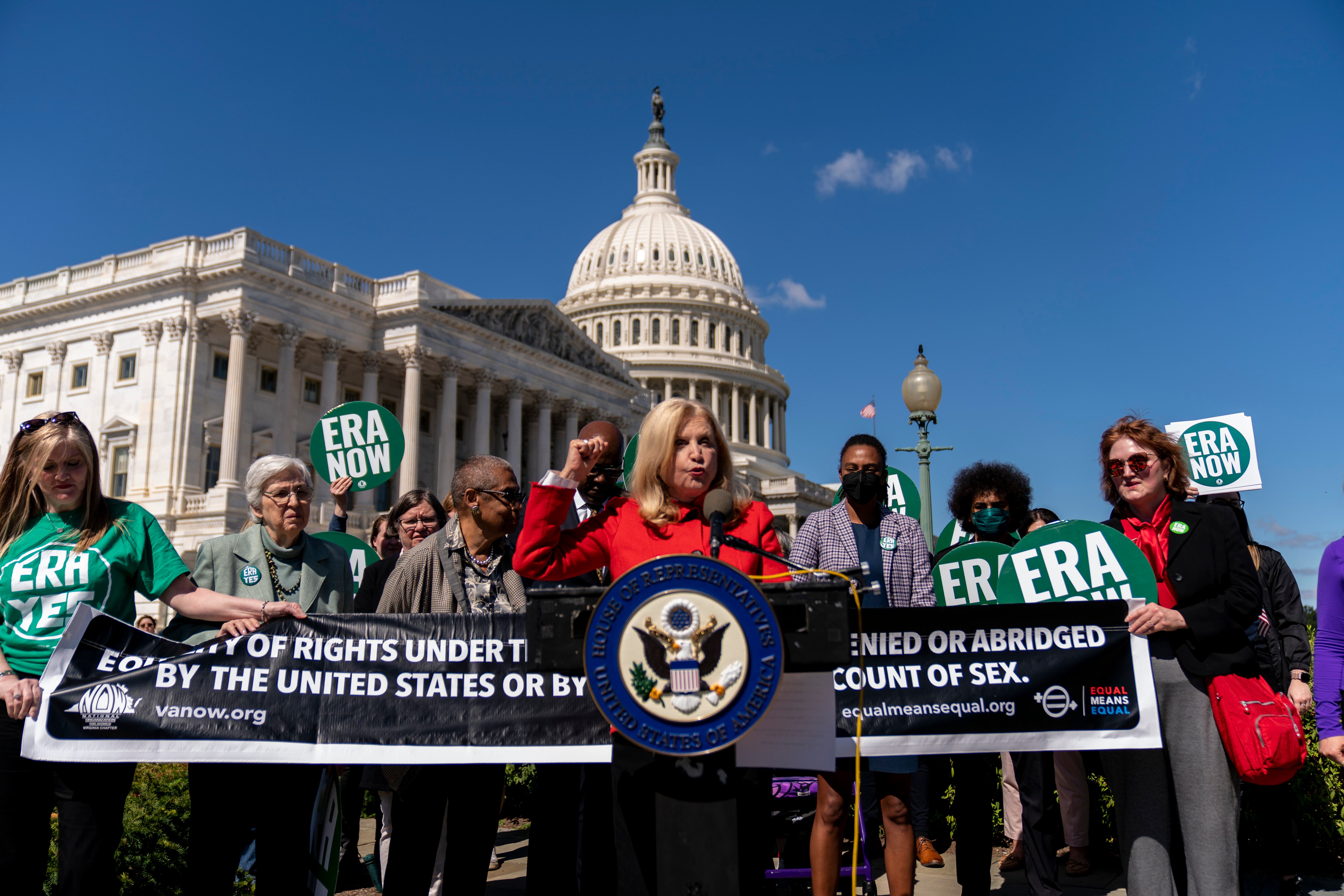The 27th amendment of the U.S. Constitution, which deals with U.S. Congressmen's salaries, was ratified in 1992 thanks to the efforts of Gregory Watson. Watson organized a letter-writing campaign in Alabama, which became the 38th state to ratify the amendment. Due to Watson's success, another group has been trying to add a 28th amendment to the Constitution — the Equal Rights Amendment (ERA).
The ERA originated in the 1970s with the stated goal of giving women the same rights as men. Congress left it up to the states to ratify within seven years of its proposal before it could be officially added to the Constitution. When the deadline came, the ERA fell three states short of ratification. Those opposing the ERA did so for two reasons: The 14th amendment already guaranteed equal treatment under the law, and many feared it would instantiate abortion as a Constitutional right.
In 2017, three states did ratify the ERA claiming it was unconstitutional for Congress to set a time limit on an amendment. Those states sued the National Archivist, demanding the ERA be recognized as the 28th amendment. The lawsuit was dismissed after Alabama Attorney General Steve Marshall and other conservative states stepped in.
When the three plaintiff states then tried to appeal the dismissal, the Alabama Center for Law and Liberty (ACLL) filed an amicus brief representing Watson.
"ERA proponents renewed their efforts to revive the ERA because of Watson's success," the ACLL stated in a press release. "But in his amicus brief, Watson argued that the ERA was different because Congress created a deadline for ratification that the 27th Amendment never had."
On Tuesday, a three-judge panel of the D.C. Circuit affirmed the district court's dismissal of the lawsuit, saying the plaintiff states did not establish any standing to bring the challenge. However, they may ask the entire D.C. Circuit to rehear the case "en banc" or try to take it to the U.S. Supreme Court.
"After nearly 50 years of trying to get Roe v. Wade overruled, we finally succeeded in Dobbs v. Jackson Women's Health Organization," ACLL President Matt Clark said. "But that success would have been short-lived if the plaintiffs would have succeeded in this suit. We are grateful that the D.C. Circuit rejected this attempt to illegitimately amend the Constitution and place the lives of the unborn in jeopardy."
To connect with the author of this story or to comment, email daniel.taylor@1819news.com.
Don't miss out! Subscribe to our newsletter and get our top stories every weekday morning.









